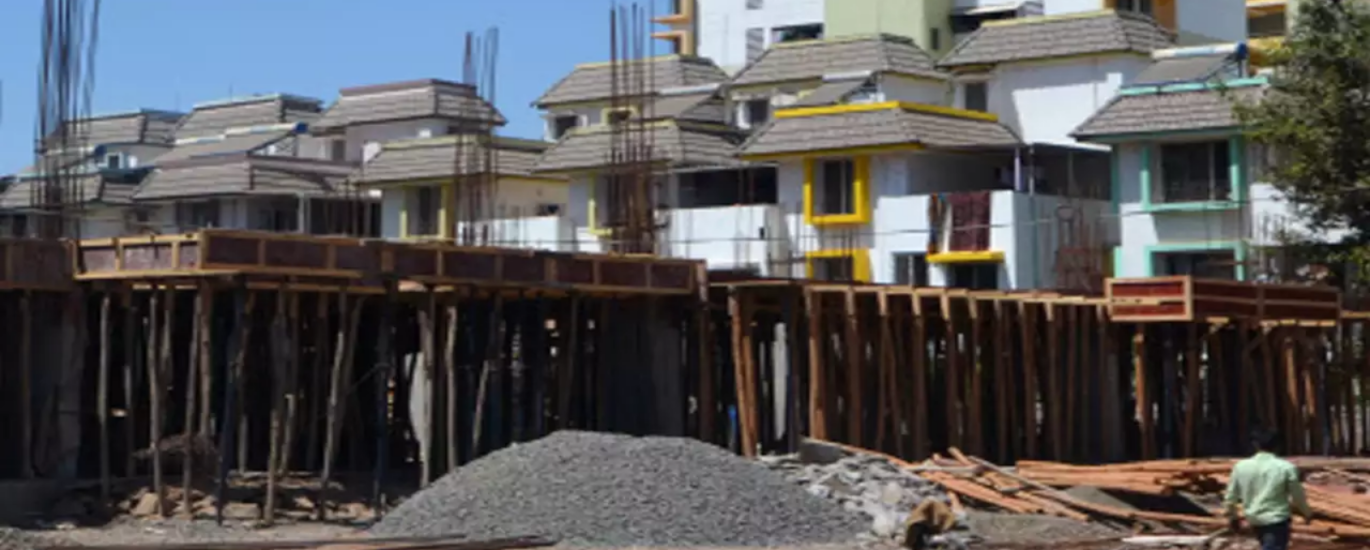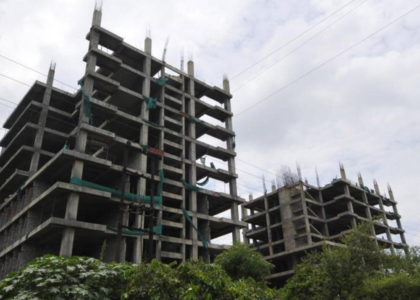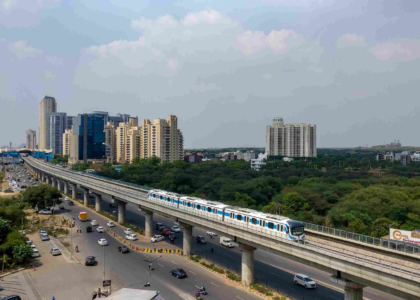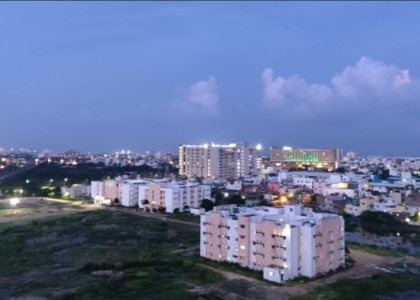Developers in Mumbai and Pune will be permitted to resume construction work in ongoing projects located in COVID-19 hotspots after April 20, subject to obtaining special permission from the respective civic commissioners. However, this applies only to projects where workers are already available on-site, and builders will not be allowed to bring in workers from outside. This decision comes two days after the Union Ministry of Home Affairs issued guidelines for the second phase of the nationwide lockdown.
The Maharashtra government has made an exception for under-construction projects in Mumbai and Pune, considering that a large number of stranded laborers are stuck at construction sites in these areas. Nearly 2,000 building projects are currently under construction in Mumbai alone. However, projects within containment zones will not be permitted in these cities. As of Friday, data from the labor department showed that 74,991 workers were stranded at 629 sites in Mumbai, and another 112,511 workers were at 854 sites in Pune.

The Maharashtra government has also allowed certain economic activities to resume after April 20, in compliance with the central government’s guidelines. Industries operating in rural areas or outside municipal limits will be allowed to function. Export-oriented units, special economic zones (SEZs), units in industrial townships and estates, and production units requiring continuous processes will be permitted to operate in non-containment zones, except in the Mumbai Metropolitan Region and Pune Municipal Corporation limits.

In the information technology sector, establishments in non-containment zones will be allowed to operate with 50% staff capacity, and data and call centers will function with the “barest minimum staff.” The state will continue to permit the movement of vehicles belonging to e-commerce operators and allow take-home deliveries from eateries, with delivery persons required to wear masks and frequently use hand sanitizers.
Banks will be allowed to work normal hours until the completion of direct benefit cash transfers, with local administration providing additional security to banks to ensure social distancing protocols. Educational institutions will remain closed, but the government has encouraged online learning, and local administration will be responsible for ensuring the implementation of social distancing SOPs in offices, workplaces, factories, and establishments.





